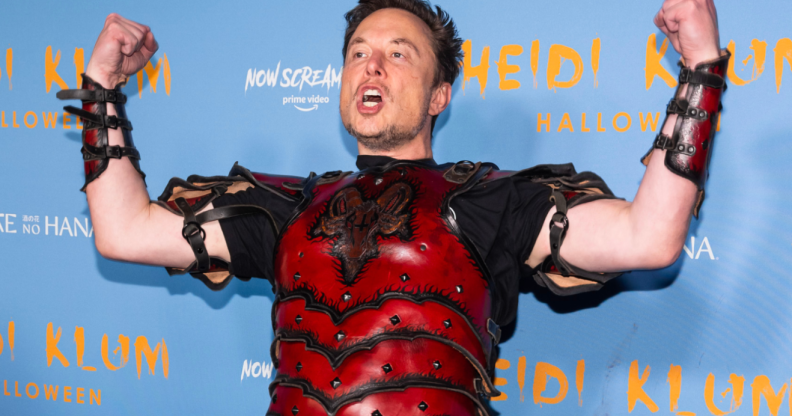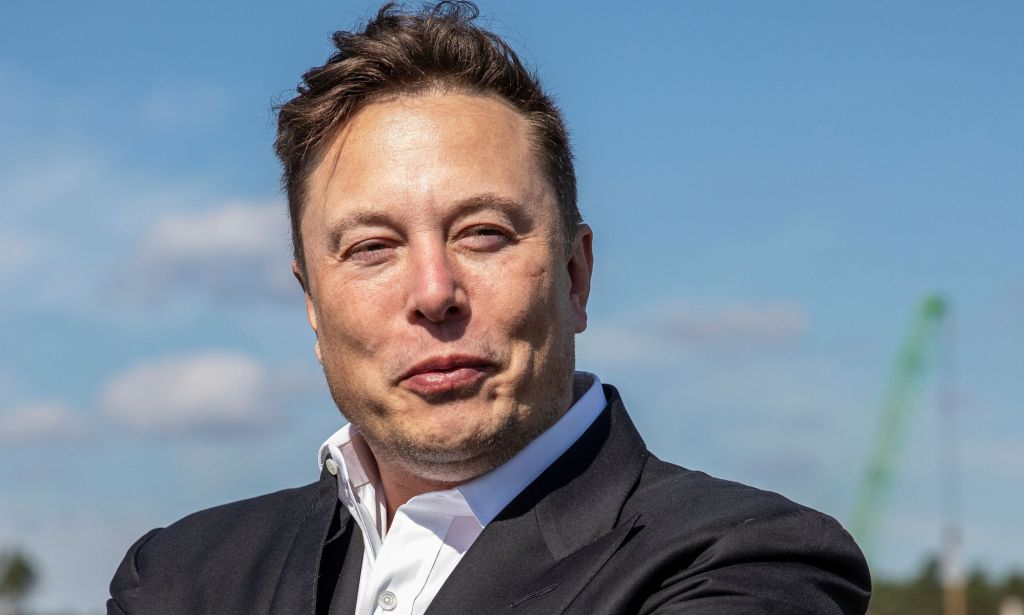Twitter under Elon Musk can no longer protect users from trolls, whistleblowers claim

Since Elon Musk has been in charge of Twitter he has slashed half of the 7,500 person work force and fired employees who had criticised him. (Getty)
In an explosive BBC investigation, current and former Twitter employees have claimed that the social media site can “no longer protect users from trolls”.
Following billionaire Elon Musk’s takeover in 2022, Panorama found that the company cannot protect those using the site from trolling, disinformation or even child sexual exploitation.
Partly due to mass lay-offs across several Twitter teams, and partly due to Musk’s own changes, insiders claim that since the takeover several key features put in place to protect users have been discarded, leading to a 69 per cent increase in new accounts – amounting to tens of thousands – which immediately follow misogynistic and abusive profiles.
Current and former employees of the company alleged that features intended to protect Twitter users from trolling and harassment are proving difficult to maintain, amid what they describe as a chaotic working environment.
The BBC spoke to the former head of content design at Twitter, who said her entire team was fired before she resigned.
Her team was behind the “nudge button”, which would encourage users to take a pause before posting potentially abusive or offensive tweets. Lisa Jennings Young explained that the feature had been effective in reducing hate, but, since Musk took over, it has not been working in the same way.
“Over all, 60 per cent of users deleted or edited their reply when given a chance through the nudge,” she told the investigation.
“But what was more interesting, is that after we nudged people once, they composed 11 per cent fewer harmful replies in the future.”
But, she claimed, “there’s no one there to work on that at this time”.

An anonymous former employee told the BBC that his team, which aimed to tackle child sexual exploitation and prevent pedophiles from using Twitter to groom victims, was cut by more than half after Musk’s $44 billion (£33.5 billion) takeover.
“You can’t take over a company and suddenly believe you have knowledge… to deal with [child sexual exploitation] without having the experts in place,” he said.
He added that Twitter is still removing hateful accounts, but without the key prevention work that his team was doing, offending users can now just set up new accounts, at a time when some suspended profiles are also being welcomed back
He said: “You can suspend hundreds of thousands of accounts in a month. But if the reporting of that content [to law enforcement] has dropped, then it doesn’t really mean anything.”
Among other issues, the insiders – some of whom remained anonymous – claimed that at least 50 per cent of Twitter’s employees have been fired or have resigned since Musk became owner and chief executive in October.
“Wherever he goes in the office, there are at least two bodyguards – very bulky, tall, Hollywood movie-[style] bodyguards. Even when [he goes] to the restroom,” another anonymous employee said.
A separate investigation found that transphobia on Twitter is “the worst it’s ever been”, with the use of anti-LGBTQ+ slurs mounting.
In December, the Center for Countering Digital Hate (CCDH), along with the Anti-Defamation League, found that anti-LGBTQ+ remarks had risen by at least 1,458 times a day since the change of ownership.
“Elon Musk sent up the Bat Signal to every kind of racist, misogynist and homophobe that Twitter was open for business,” CCDH chief executive Imran Ahmed said.
Musk has also been criticised for his blasé attitude towards Twitter users and his own employees, bantering with right-wing hate account Libs of TikTok about firing a Twitter worker shortly after he acquired the company.
Since the BBC article came out, Musk has tweeted: “Sorry for turning Twitter from nurturing paradise into place that has… trolls.”
He added: “Have to admit, trolls are kinda fun.”
According to Deadline, Musk argued that the social network was far from perfect before his buyout, but he was “rolling on the floor laughing my ass off” at the BBC investigation.
Panorama‘s “Elon Musk’s Twitter Storm” aired on BBC1 on Monday (6 March).

